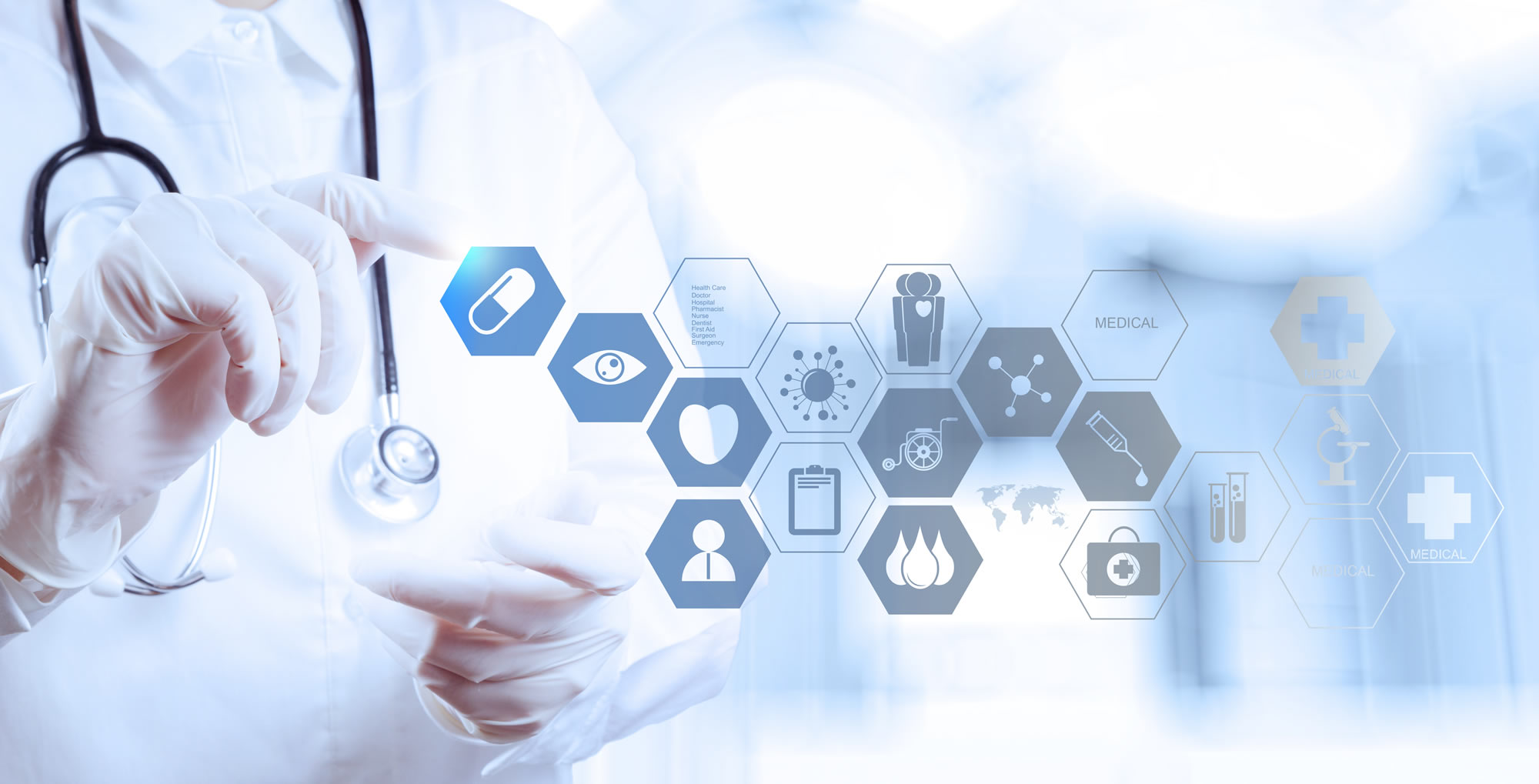93% of the physicians hold that proficient mobile health apps can genuinely have a positive impact on the patient’s health, according to a report by GreatCall.
The mobile wave has taken over the entire world by storm, and its influence in the healthcare industry has never been greater. Going by Statista, there are around 2.2 million apps on the Google Play Store and 2 million apps on the Apple Store, out of which 1,65,000 are in the healthcare category alone. Much evidently, the evolution of mobile technology has exponentially facilitated the healthcare industry.
Right from tracking your fitness and stress levels to monitoring your diet, nutrition, and lifestyle, mHealth applications are transfiguring patient care in an inventive style. The rapidly evolving technology scenario is constantly integrating budding technologies like Artificial Intelligence, Robotics, Augmented Reality, etc.
Healthcare providers need to embrace these opportunities and stay abreast of changes in order to retain the users. Such technologies boast the tremendous potential to render better and improved patient care and bring transparency to the overall health care system.
Some of the most impactful trends and technologies that are expected to affect the healthcare system in 2018 are as follows.
1. Artificial Intelligence
Artificial Intelligence is a fantastic technology that holds the potential to alter the face of many industries, Healthcare being a significant one. Taking mHealth mobile apps to a whole new level, in 2018, AI is expected to acquire some major developments in areas like self-examination. These apps will allow the patients to conduct a self-examination test outside traditional diagnostic and clinical setup, reducing the frequency of clinic visits. Additionally, the technology will allow healthcare professionals to perform compound operations without a patient.
2018 will also witness AI being a noteworthy part of major healthcare projects such as IBM Watson, IBM Medical Sieve, Google Deepmind and many others.
2. Blockchain
Of late, the byword “Blockchain” has bagged considerable attention on the technological forefront. Rightly so, the amazing technology has the power to transform the healthcare industry by bringing in an enormous level of security and privacy in all operations.
The blockchain technology banks on deep-rooted cryptographic procedures to help the various participants in a network interact with each other sans any preexisting trust between the parties. There is no single authority that stores all records. Instead, all the records and information are stored and distributed to all participants in the network.
The technology promises a colossal level of safety, making it one of the most sought-after trends in healthcare app development in 2018.
3. Augmented Reality
The rapid emergence of Augmented Reality can be easily felt across all industries. This much-talked-about technology is gaining importance in the healthcare industry as it has immense potential to benefit patients as well as doctors.
For instance, medical procedures such as conducting a blood test can be made a bit more straightforward by using AR tech that scans and highlights the veins on a patient’s skin, reducing the chances of any error. Similarly, it can help surgeons reduce the risks associated with minimally invasive surgery. It increases a surgeon’s field of sight by overlapping an enlarged 3D version of crucial organs as they conduct complex surgeries.
Moving on, AR mobile apps can greatly help healthcare professionals in enhancing their knowledge and skills by viewing real-time diagnosis right in front of them. Doctors can gain the necessary information easily and thus, upgrade their skills and overcome the issue of dearth of skilled professionals.
4. Wearable Devices
Wearable devices have always offered ease and comfort to the users, and the trend continues in 2018. Wearable devices like fitness trackers and smartwatches help the users in staying more active and healthy on their own, eliminating the need to visit the doctor. These devices inspire a healthy lifestyle by enabling the patients to regularly monitor their blood pressure, sugar levels, heart rate, and much more. In an unforeseen situation where a patient’s body deviates from the regular standards, instant notifications are sent to the doctor for timely treatment.
These wearable devices leverage the Internet of Medical Things (IoMT) technology that has allowed for the creation of a well-connected and seamless ecosystem, where all the reports are accessible to the medical professionals at any place, any time. This has ushered in an advanced level of patient care which will sprout significant benefits.
5. Cloud Solutions
Cloud-based healthcare solutions come with the widest array of benefits as they make the storing and sharing of information absolutely effortless.
With all the information on the cloud, accessing medical reports, e-prescriptions, medical bills, insurance plans, etc. becomes extremely easy. Patients, as well as healthcare providers, can access the information anytime, anyplace without having a fear of any security issues. This has made the mobile healthcare industry totally automated and accessible.
Final Thoughts
The aforementioned trends and technologies showcase a brighter horizon and bring forth some of the most optimal opportunities to deliver better health care. 2018 looks tremendously promising in terms of robust mobile apps, wearable technologies, and improved software applications that will transform the way the digital healthcare market functions.




